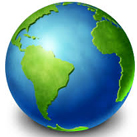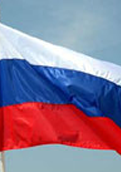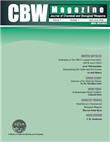Will Great-Power Conflict Return?
Geopolitical competition between the great powers with or without direct conflict will lead to a situation where productive cooperation among them on critical international issues is likely to prove difficult.
- Rajeesh Kumar
- April 06, 2018











